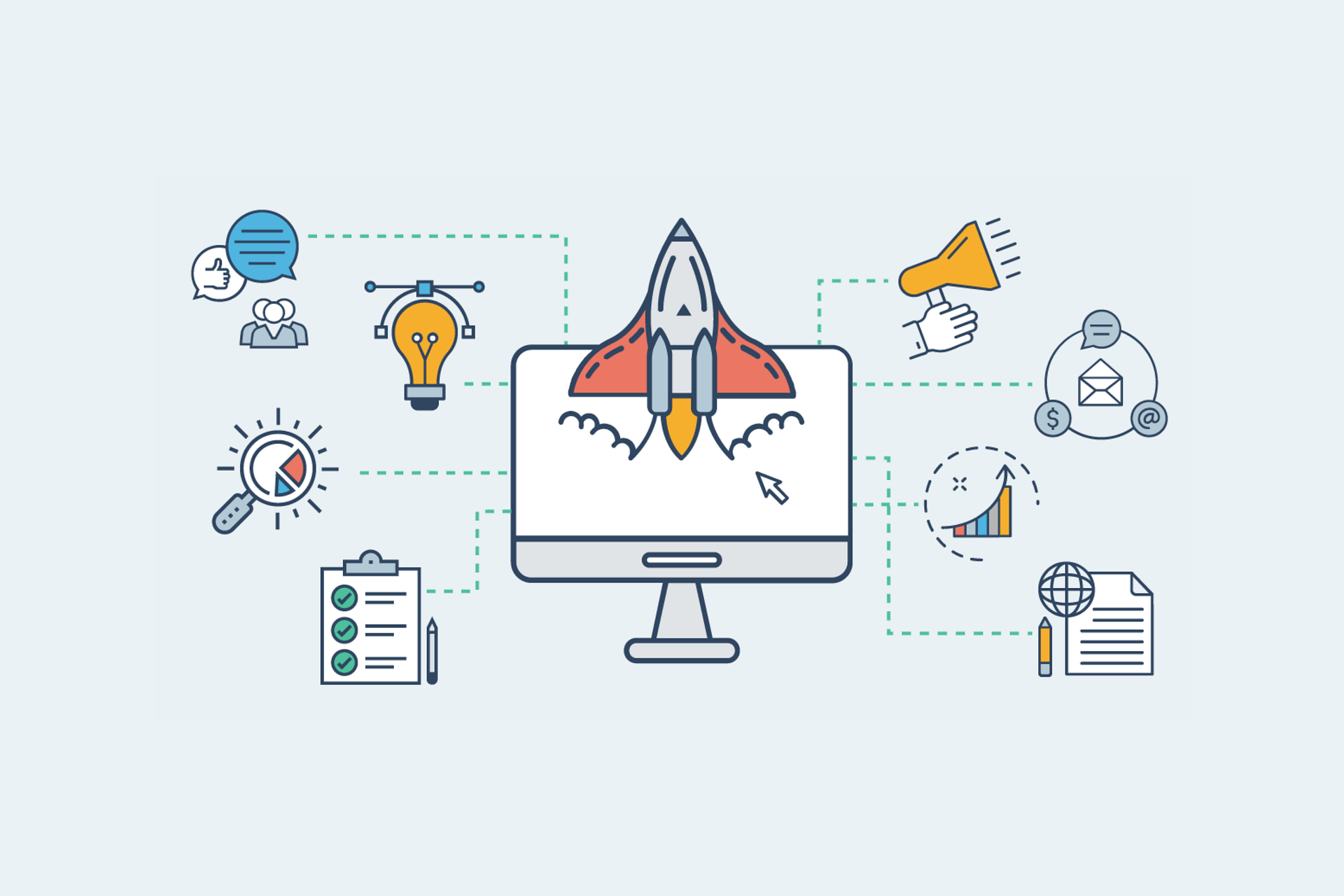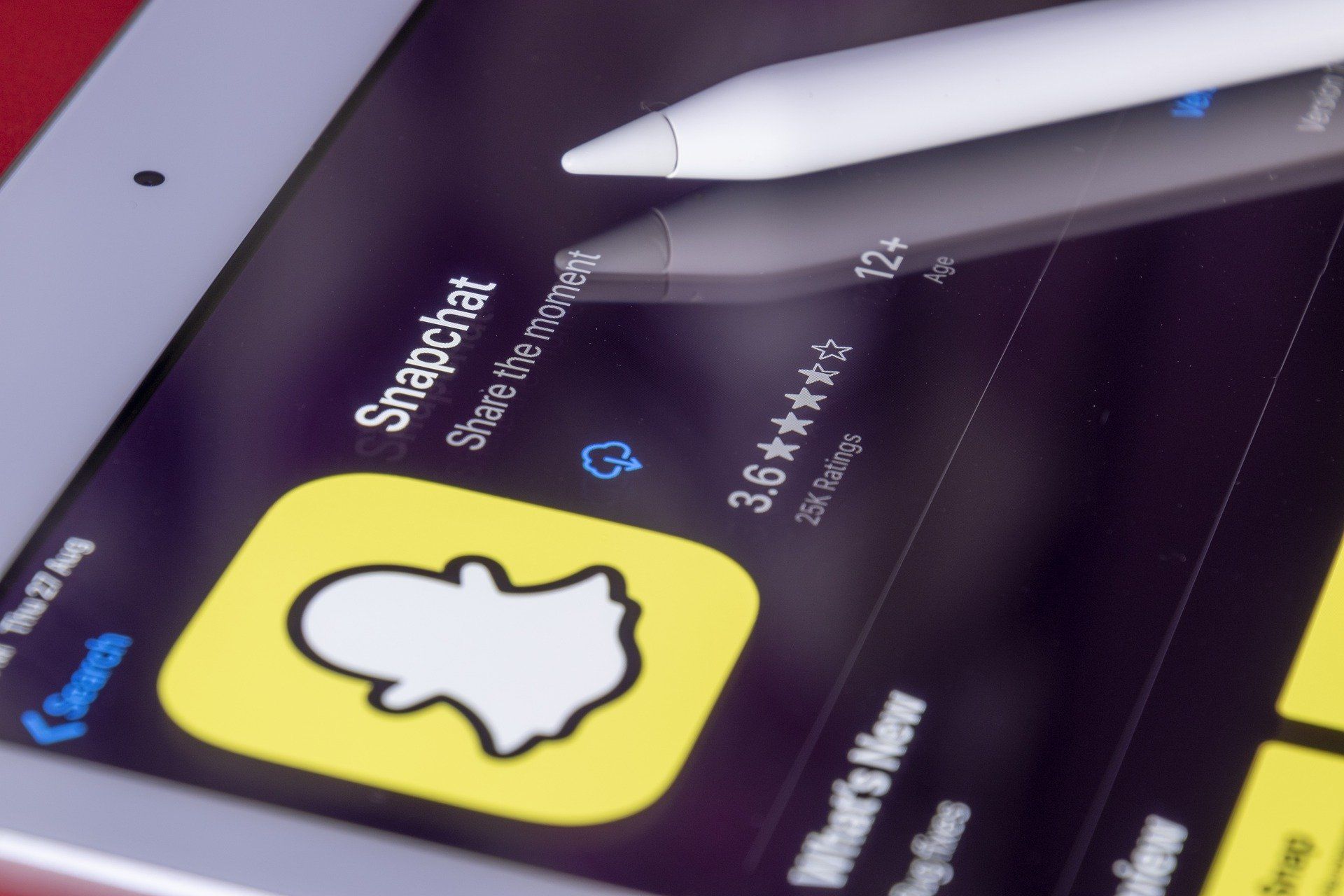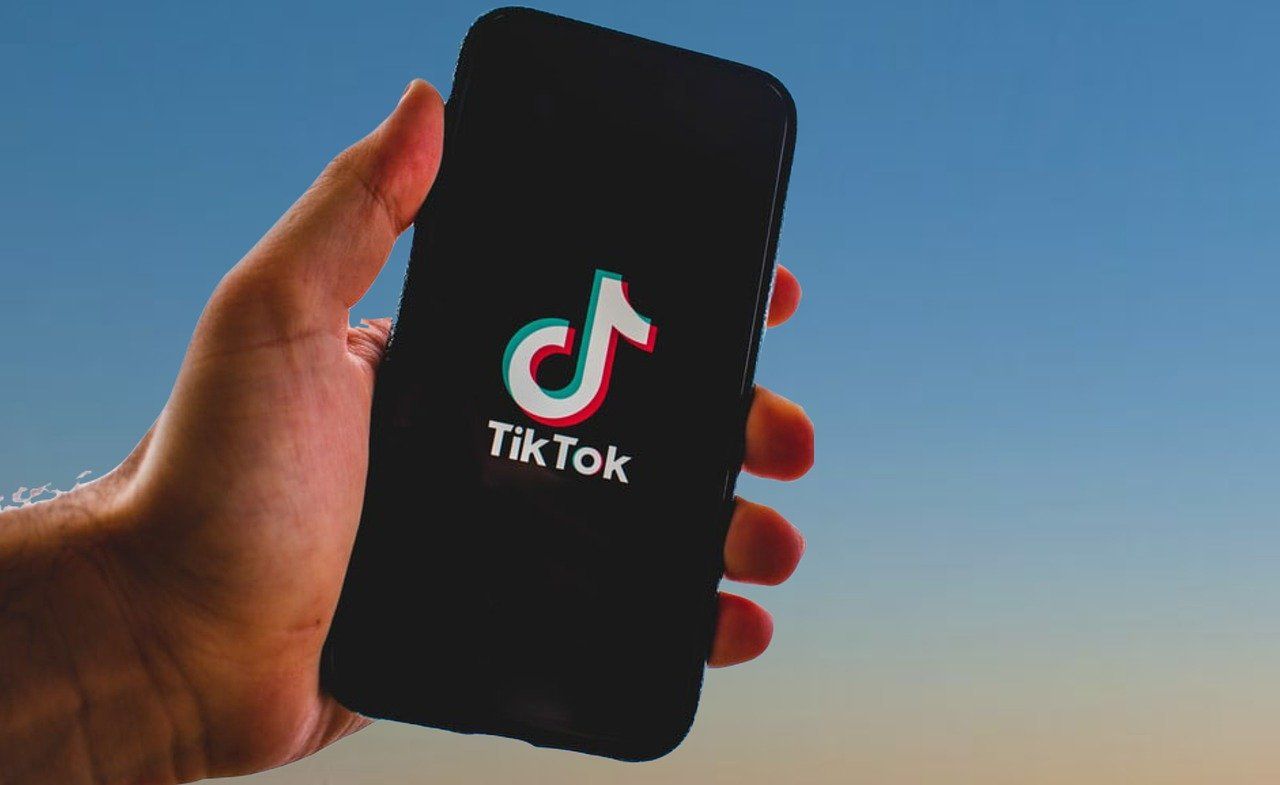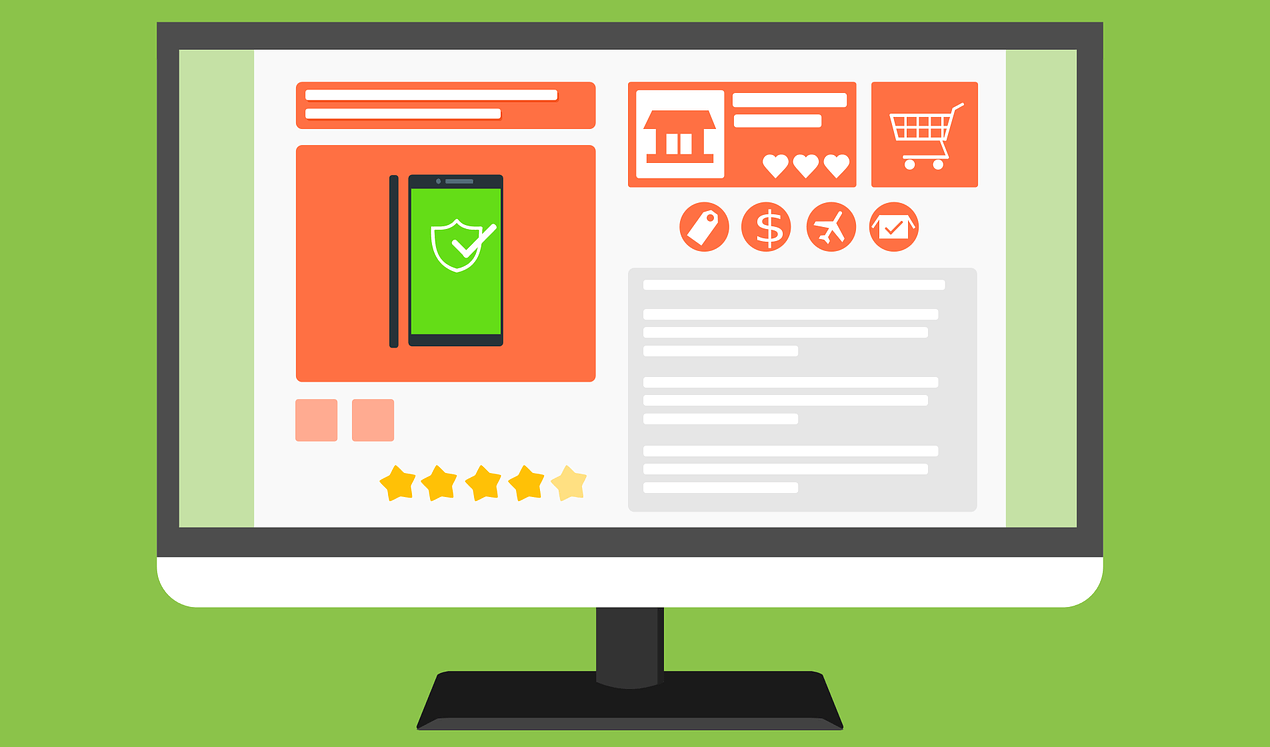Top 5 questions to ask a potential digital marketing partner
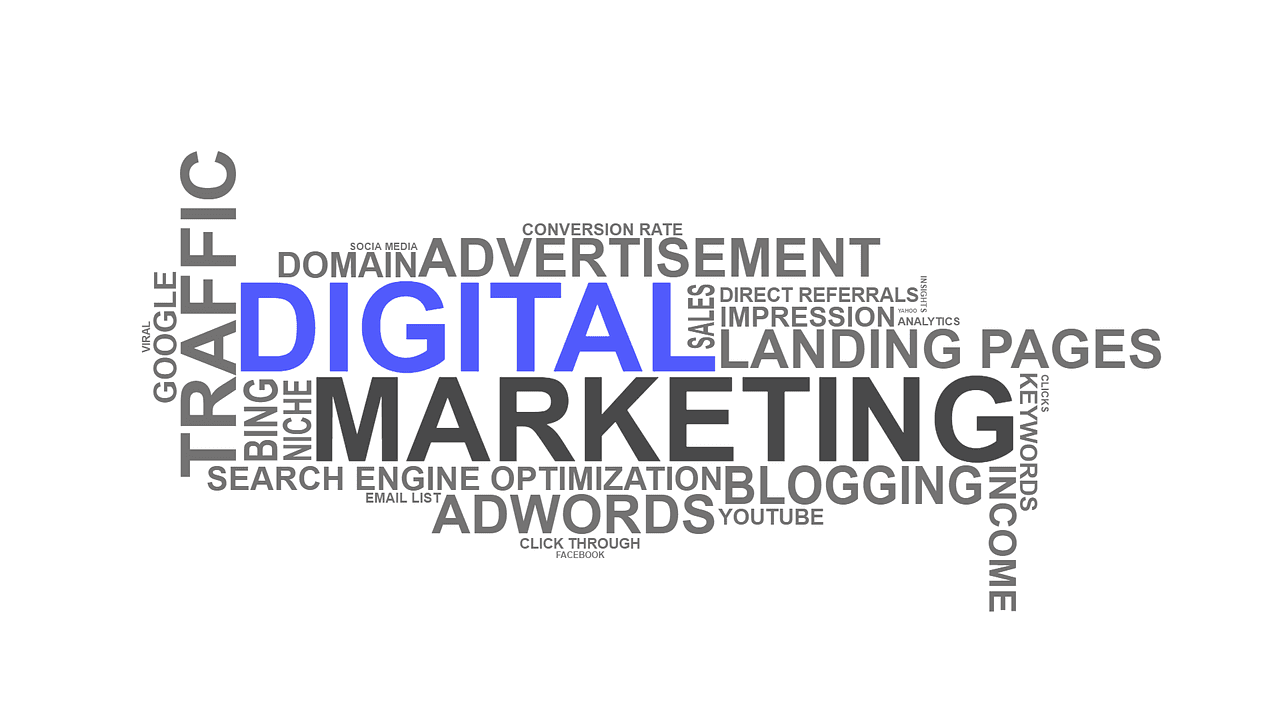
Finding a partner to help your business succeed in the digital world can be overwhelming. The options are countless thanks to the lack of geographical boundaries on the internet. In addition, digital technology evolves at a faster rate than traditional media. This allows for the ability to target a specific demographic of customer and lends itself to less advertising waste, but the old set it and forget it mentality of advertising can no longer be used. It’s essential that businesses find a digital partner that understands their industry, is a student of the technology, and is eager to partner long-term. So where do you start? Here are 5 questions you should be asking when talking to potential digital partners.
1) “How will you help my business stand out from my competitors?”
Many businesses assume that if a digital company has worked with a particular industry often enough, then they must be experts in that field, but it goes much deeper than that. The digital team handling your campaign needs to have a process in place that helps bring out your business’s strengths. They need to be adept at customizing the marketing tools that all businesses have access to, to highlight those strengths. Make sure you ask any potential digital partner how they will be optimizing your campaign and what tangible results (i.e. leads) you can expect to see from it.
2) “What performance indicators will you be using to measure success, and how should I be seeing that reflected in my business?”
Performance indicators help show the successes (or failures) of an advertising campaign. Click-through-rates, impressions, and conversions, are all terms used to measure the effectiveness of a digital marketing campaign. As useful as they are in putting actual numbers to digital advertising, you need to know how that translates in real life. Ask any potential digital partner what metrics they will be using to measure effectiveness, and what results should come from that. Is the goal to gain new customers? Or is it to build your email list? Make sure your marketing partner can match the success metrics of the campaign to your goals as a business.
3) “How do you deliver the campaign results?”
In addition to understanding the metrics used to measure an advertising campaign’s success, you will want to know how you will receive that information and how often. Ask a potential digital partner how they will deliver that to you. You should expect to receive ongoing reporting for every month that your campaign is live and a full campaign review after the conclusion. The marketing team should be able to walk through the campaign details, its successes, and give recommendations for future campaigns.
4) “Who will be handling the day-to-day optimization of my campaign?”
Digital advertising can be fulfilled from and served to users, anywhere in the world; that’s the great thing about the internet! However, a local business will be better served with a marketing partner that is familiar with their demographic market. A campaign will be better optimized if the person working the day-to-day has close contact with the business client and is able to build a professional relationship with them too. Ask your potential digital partner who will be monitoring your campaign on a daily basis. Will you have the ability to call or email them if you have questions or concerns? If not, they may be outsourcing the actual work out of state or even oversees, and if this is the case, you most likely won’t see the returns you are looking for.
5) “How much planning and communication will be necessary?”
There isn’t one set formula for how often you should be in contact with your digital marketing partner. Digital companies work with clients that fall on all ends of the communication spectrum. The key is for both sides to have a strong understanding of what is expected of them prior to the start of the campaign. In many scenarios, there will be more communication as the campaign is being set up and at the conclusion, than in the middle. The likelihood of success will be stronger if everybody is on the same page from the start.
Thinking about these 5 questions the next time you are looking to start a digital advertising campaign will help prepare you to find the right partner and will get you well on your way to advertising success.
